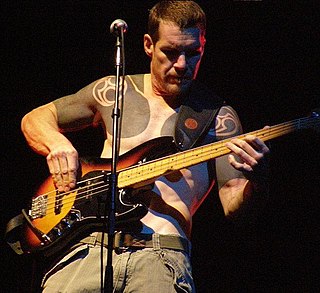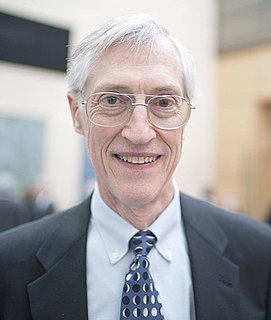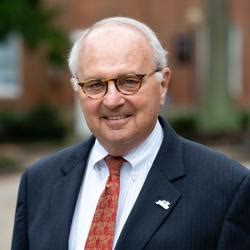A Quote by Seth Shostak
NASA's Office of Commercial Exploration has been concerned about protecting the landing zones where humans first walked on the Moon, and one of my colleagues, ecologist Margaret Race, has been part of their deliberations.
Quote Topics
Related Quotes
We need to be very thoughtful about how we propose to spend the money that NASA does have for space exploration. And we need to be clear that there's the human spaceflight part of NASA, and there's the science space part of NASA, and there's also aeronautics. Those are all very different things that NASA does.
The exciting part for me, as a pilot, was the landing on the moon. That was the time that we had achieved the national goal of putting Americans on the moon. The landing approach was, by far, the most difficult and challenging part of the flight. Walking on the lunar surface was very interesting, but it was something we looked on as reasonably safe and predictable. So the feeling of elation accompanied the landing rather than the walking.
Six out of seven times we landed successfully [on the Moon]. I wanted to be a part of that and I was a part of that, so my personal feeling is of great gratefulness for having somehow been in a position to have been given the opportunity to be on that first landing. That's a marvelous experience for a little kid that grew up in New Jersey. So I'm very thankful, and I asked the whole world to give thanks once we successfully landed.
To send humans back to the moon would not be advancing. It would be more than 50 years after the first moon landing when we got there, and we'd probably be welcomed by the Chinese. But we should return to the moon without astronauts and build, with robots, an international lunar base, so that we know how to build a base on Mars robotically.
I was an eight-year-old kid when I watched the first Apollo Moon Landing way back in 1969 and there was something about that moment that really stuck in my head. I'd always been interested in space and flying and I was building model rockets and model airplanes, but something about that moment, I can remember like it was yesterday watching the Apollo Lunar Lander approach the surface of the Moon and then later watching Neil Armstrong and Buzz Aldrin take the first steps on the Moon, and something that day started the dream for me that, hey, I want to be like those guys.
When I finally had the chance to make my childhood dream a reality - as a co-founder and chairman of Moon Express - my goal was to broaden participation in lunar exploration, and connect the common person to its results. We plan to send robotic rovers - not humans - to the Moon to search for precious metals and rare minerals on the Moon's surface.


































